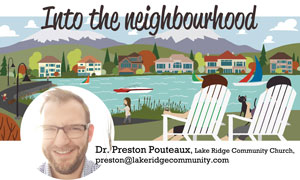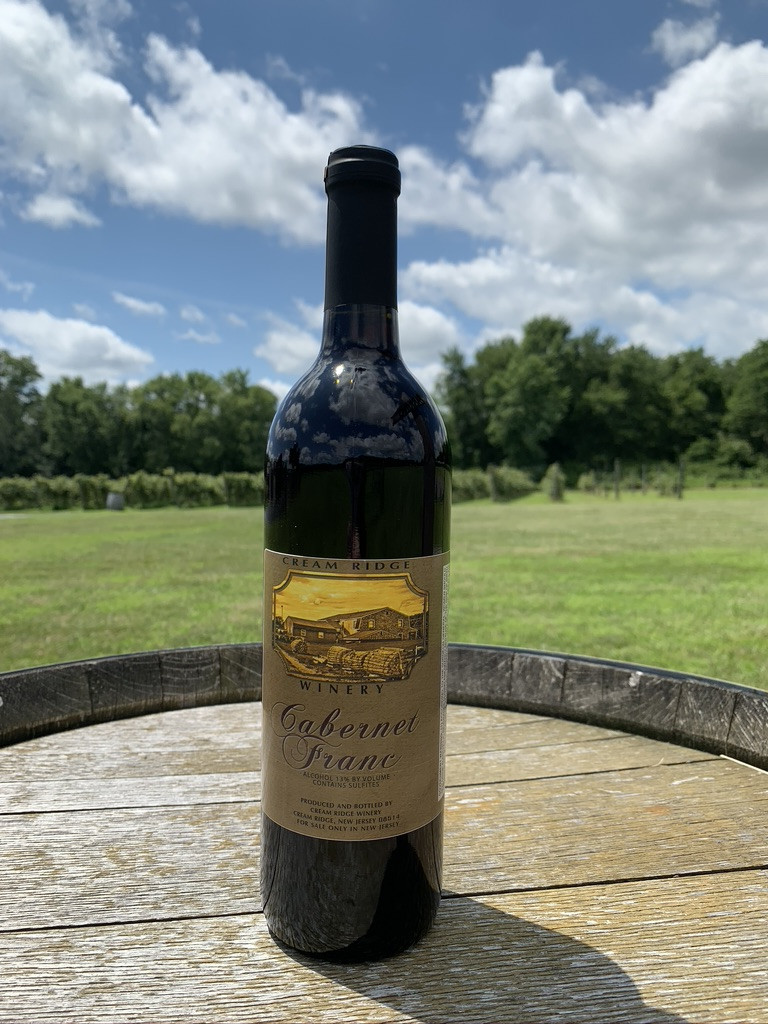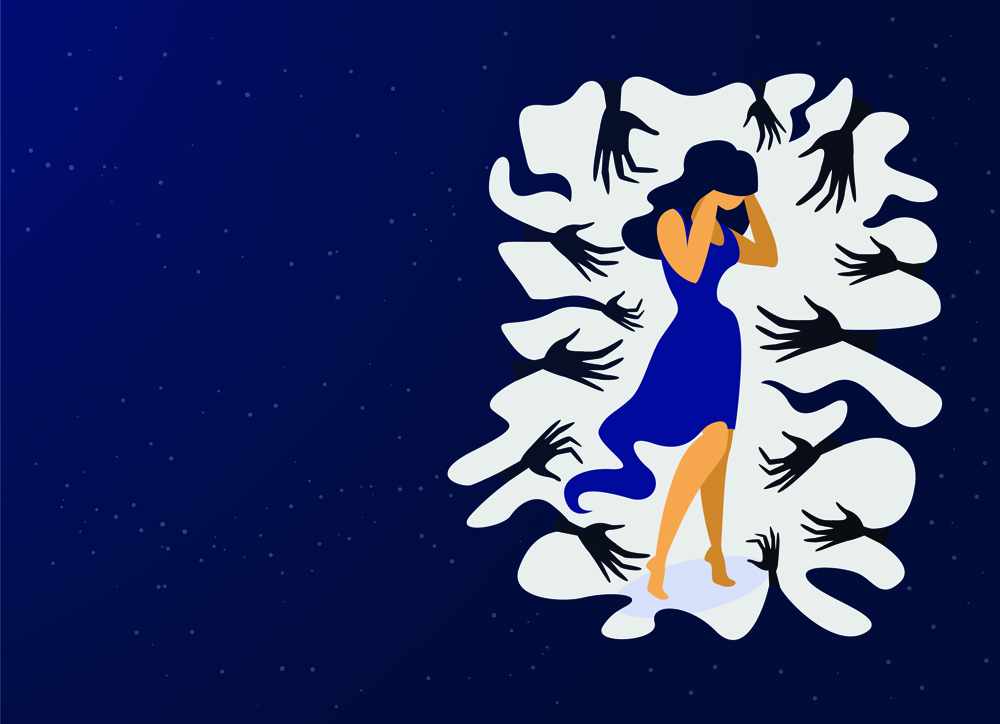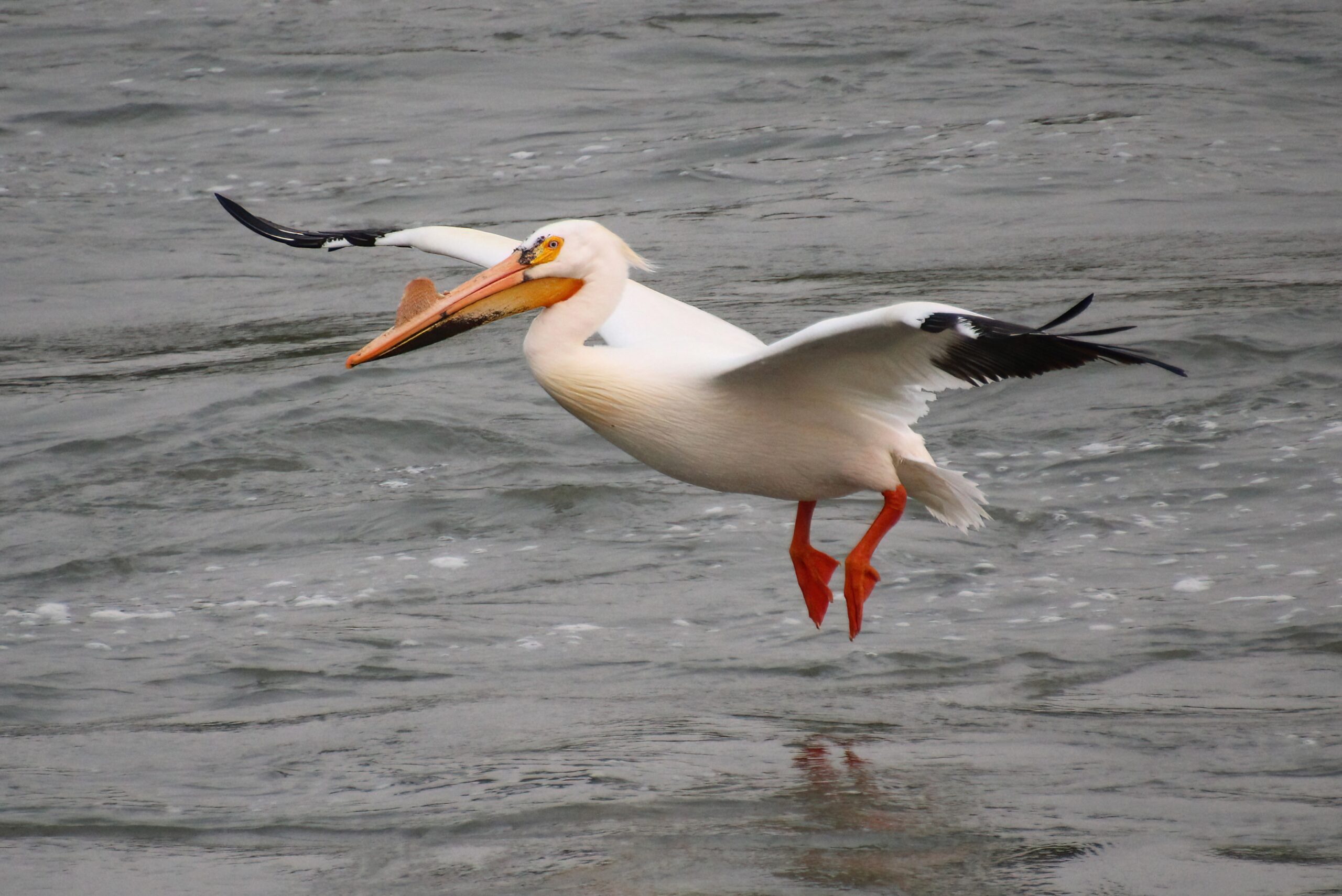My wife and I are expecting our second child in June. We’re excited. We have been preparing a baby room by giving it a coat of paint and some wallpaper. Even our three year old has been telling us some of the songs she thinks our new baby will like.
In the midst of all of our preparations, there is one conversation we have over and over again: what should we name our baby? Our short list is down to about a dozen names and we wonder which one would make the best fit.
Names are important to new parents. Baby name books give us lists of ‘cool’ and ‘hip’ names while relatives offer suggestions and ideas. We give first names and middle names, and then we think about how they sound together. We wonder about nicknames and how the name might sound at every stage of life.
But for all the thought we put into names for babies, there are a lot of ways that we do not use names afterwards. We neglect names and trade them for numbers in the daily routines of life. We’re given a SIN number, banking numbers, and student ID numbers – they’re way more convenient and less prone to mistakes. Online we use an alias out of concern that our real name might be misused.
In time we lose sight of the importance of names and often we do not find it worth our effort to remember names of people we meet. Our neighbourhoods are full of people we do not know by name and name tags at the grocery store are the closest we come to feeling like we connect with others in our community.
The challenge does not stop there. In some bad circumstances naming often turns for the worst. In any given week we experience a heart breaking re-naming of others. Road rage or online anger might birth a new set of names: jerk, idiot, or worse.
Years ago I learned about the Dalits, the “untouchables” in India. They are the lowest caste in a hierarchical system. I learned from friends in India that Dalits often do the worst jobs and it is sometimes culturally acceptable to give Dalits a new name – ugly, stupid, and dung. They are considered too filthy to touch and having a relationship with someone in this lowest caste is often unacceptable. They are invisible. Yet in recent years there has been a renewal of faith and hope as Dalits have discovered that they are not worthless and nameless – they are loved and valuable regardless of their ethnic or cultural position.
As we seek to be people who bring peace and hope to our community, we become those who do more than remember names, we are those who see behind the name. We see that the people on our street or in the store are valuable. They have a name and a purpose. Every person you meet has the need to know and be known by others. Some people might not see their value clearly – perhaps they’ve been known by another name for too long. We are invited to become those people who know others, who see others, and who welcome each other into new relationships. Names are important, but having people around us who know those names and welcome us in spite of the labels we’ve collected – that’s something to look forward to.







